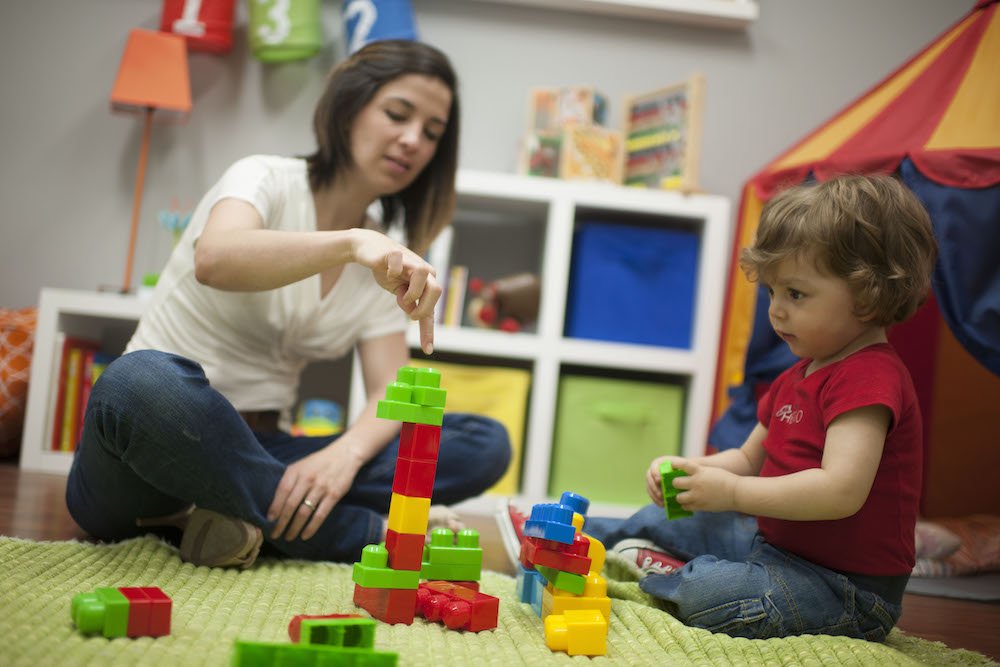Key points:
1. Developmental delays vary, so remember each child has their own pace.
2. Look for red flags like not reaching milestones within expected time frames.
3. Trust your instincts; parents often notice delays before doctors do.
4. Consult a pediatrician if you’re concerned about potential developmental delays.
Are you worried that your baby might be a bit behind? Before jumping to any conclusions, remember that each child develops at their own pace and the range of “normal” is quite wide. However, it is helpful to be aware of red flags for potential developmental delays in children.
What are developmental delays?
This term is used by doctors when a child has not reached an expected milestone in a certain time frame. For example, if the normal range for learning to walk is between 9 and 18 months, and a 20-month-old child has not begun walking, this would be considered a developmental delay.
There are many different types of developmental delays in infants and young children, and they can occur in one or more areas such as gross motor skills, fine motor skills, language skills, cognitive skills, self-help skills, social skills, and more. It’s important to mention that if your baby is temporarily lagging, that is not necessarily called a developmental delay. Remember that children develop at their own pace, so it’s important to know some of the red flags you should be looking out for.
How can I know if my child has a developmental delay?
A developmental delay is most often a diagnosis made by a doctor based on strict guidelines. Usually, parents are the first ones to notice that their child is not progressing at the same rate as other children of the same age. Early intervention can make a huge difference, so if you think your kid may have a delay, you should see your primary care provider or a developmental and behavioral pediatrician or pediatric neurologist. Remember that it is never a bad idea to familiarize yourself with the normal timeline of your child’s development.
The Center for Disease Control and Prevention has some red flags you can keep in mind. They recommend that you talk to your pediatrician if you notice one of them in your child.
Red flags for developmental delays of the Center for Disease Control and Prevention
2 months
- Doesn’t respond to loud sounds
- Doesn’t watch things as they move
- Doesn’t smile at people
- Doesn’t bring hands to mouth
- Can’t hold head up when lying on their tummy
4 months
- Doesn’t watch things as they move
- Doesn’t smile at people
- Can’t hold the head steady
- Doesn’t coo or make sounds
- Doesn’t bring things to their mouth
- Doesn’t push down with legs when feet are placed on a hard surface
- Has trouble moving one or both eyes in all directions
6 months
- Doesn’t try to get things that are within reach
- Shows no affection for caregivers
- Doesn’t respond to sounds around them
- Has difficulty getting things to mouth
- Seems very floppy, like a rag doll
- Doesn’t make vowel sounds (“ah”, “eh”, “oh”)
- Doesn’t roll over in either direction
- Doesn’t laugh or make squealing sounds
- Seems very stiff, with tight muscles
9 months
- Doesn’t bear weight on legs with support
- Doesn’t sit without help
- Doesn’t babble (“mama”, “baba”, “dada”)
- Doesn’t play any games involving back-and-forth play
- Doesn’t respond to own name
- Doesn’t seem to recognize familiar people
- Doesn’t look where you point
- Doesn’t transfer toys from one hand to the other
12 months
- Can’t stand when supported
- Doesn’t search for things that they see being hidden
- Doesn’t point to things
- Doesn’t learn gestures like waving or shaking their head
- Doesn’t say single words like “mama” or “dada”
- Loses skills they once had
Keep in mind that if your child was born prematurely, they might sometimes need a bit more time than other kids their age to catch up. Doctors usually track children’s progress using their original due date rather than their actual birth date, until they reach their second or third birthday.
Do you have doubts about some red flags? Follow your instincts, you know your little one best, so don’t hesitate to ask your doctor. The American Academy of Pediatrics recommends that babies and children be informally screened during visits for any potential delays and be given a formal, structured developmental screening at the 9, 18, and 30-month mark.








